An Overview of the Atelier Series and Where to Start
Alchemy Adventures in an Absolutely Adorable World
If you’re a longtime fan of JRPGs or games with robust crafting systems, you may be familiar with the Atelier game series. With more than 20 games under its belt since 1997, it’s a well-established Gust Co. franchise that’s garnered quite the devoted fanbase. The Atelier series owes its longevity to a winning combination of endearing characters, exciting combat, and an alchemy system that manages to be robust without becoming tedious.
In each game, players step into the shoes of an alchemist, tromping around the world with their gaggle of companions to collect rare materials and combine them in the main character’s alchemy studio, the titular “Atelier.” These creations are then used in battles or to complete quests that advance the game’s storyline.
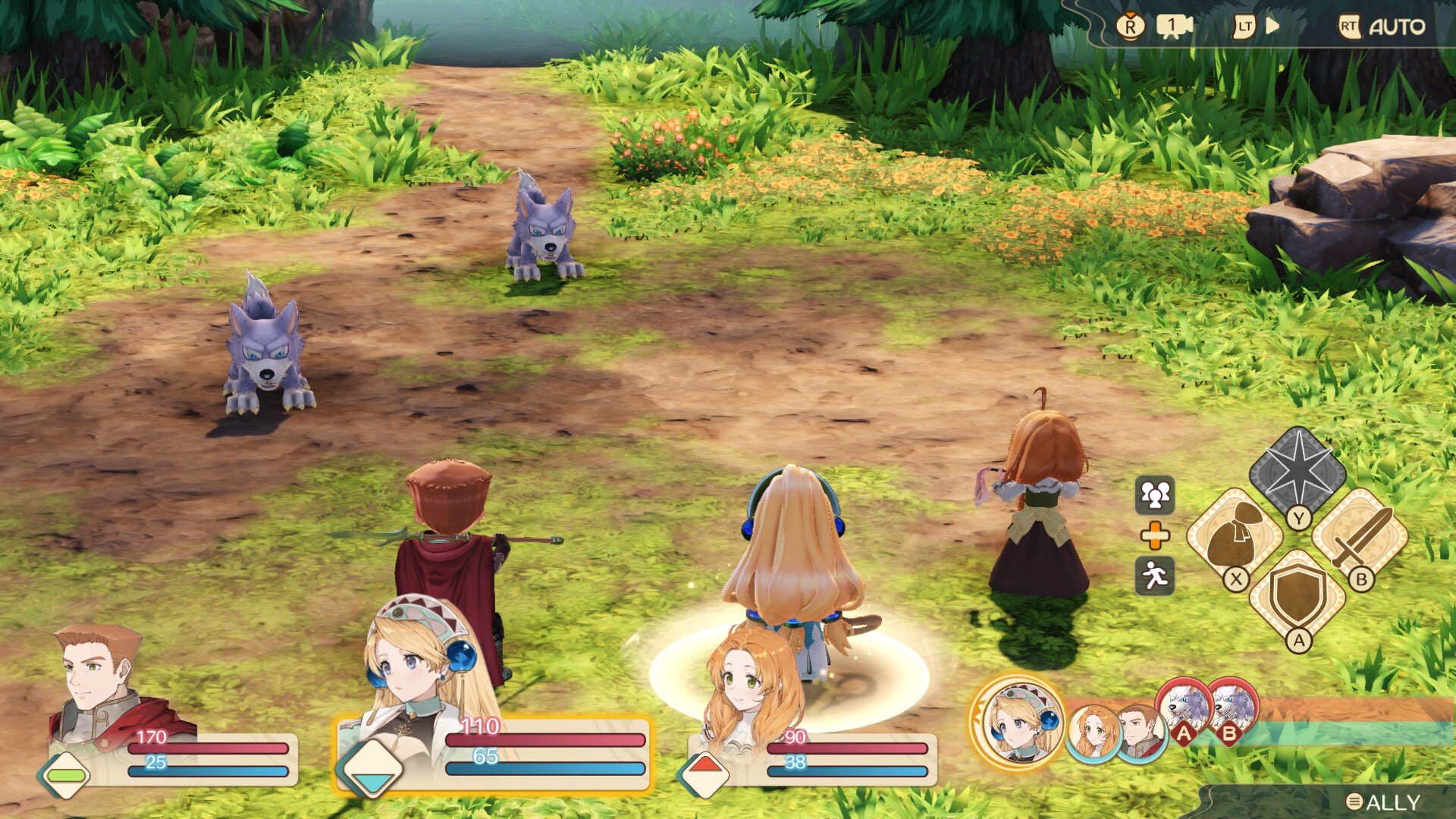
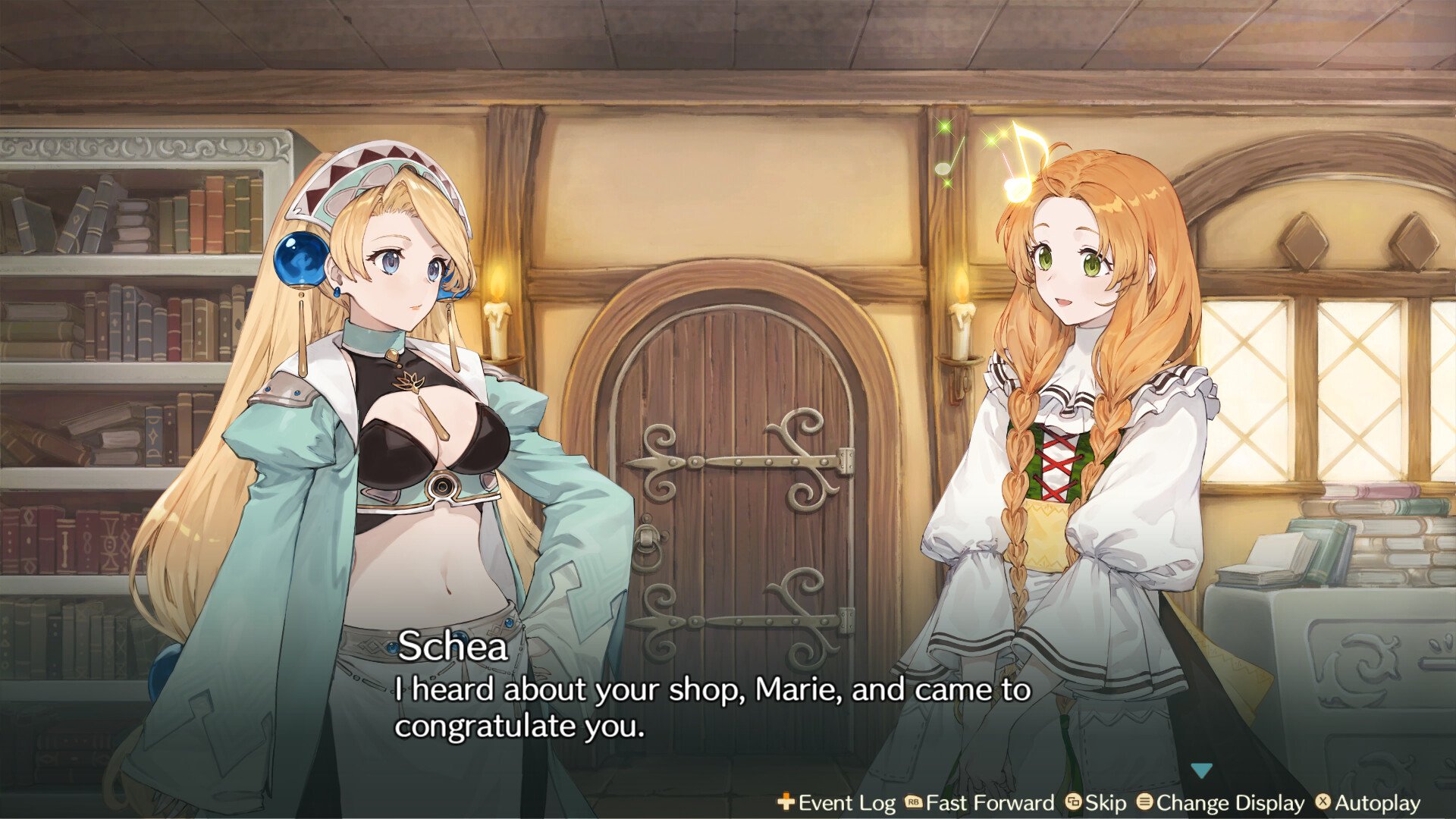
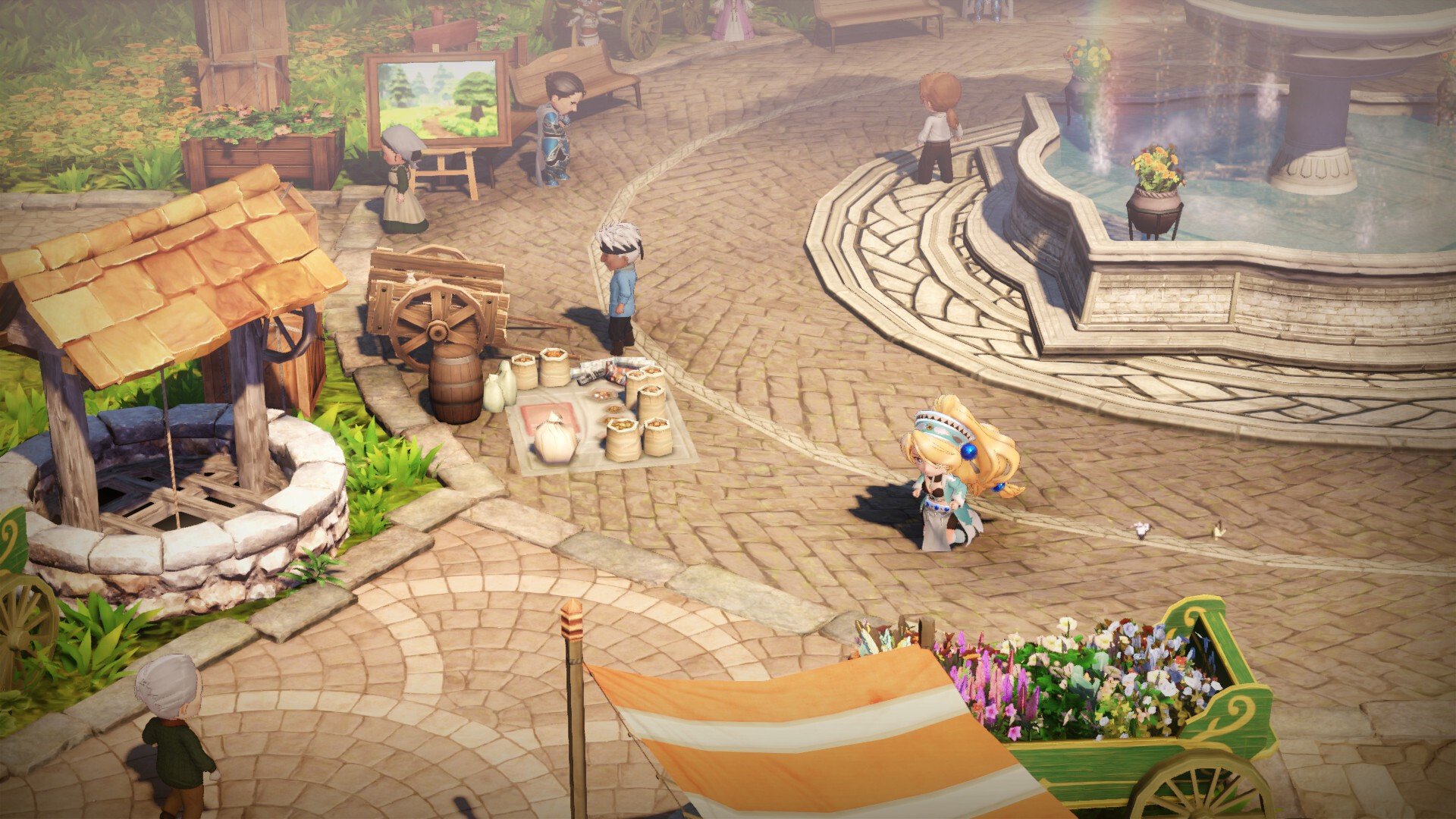
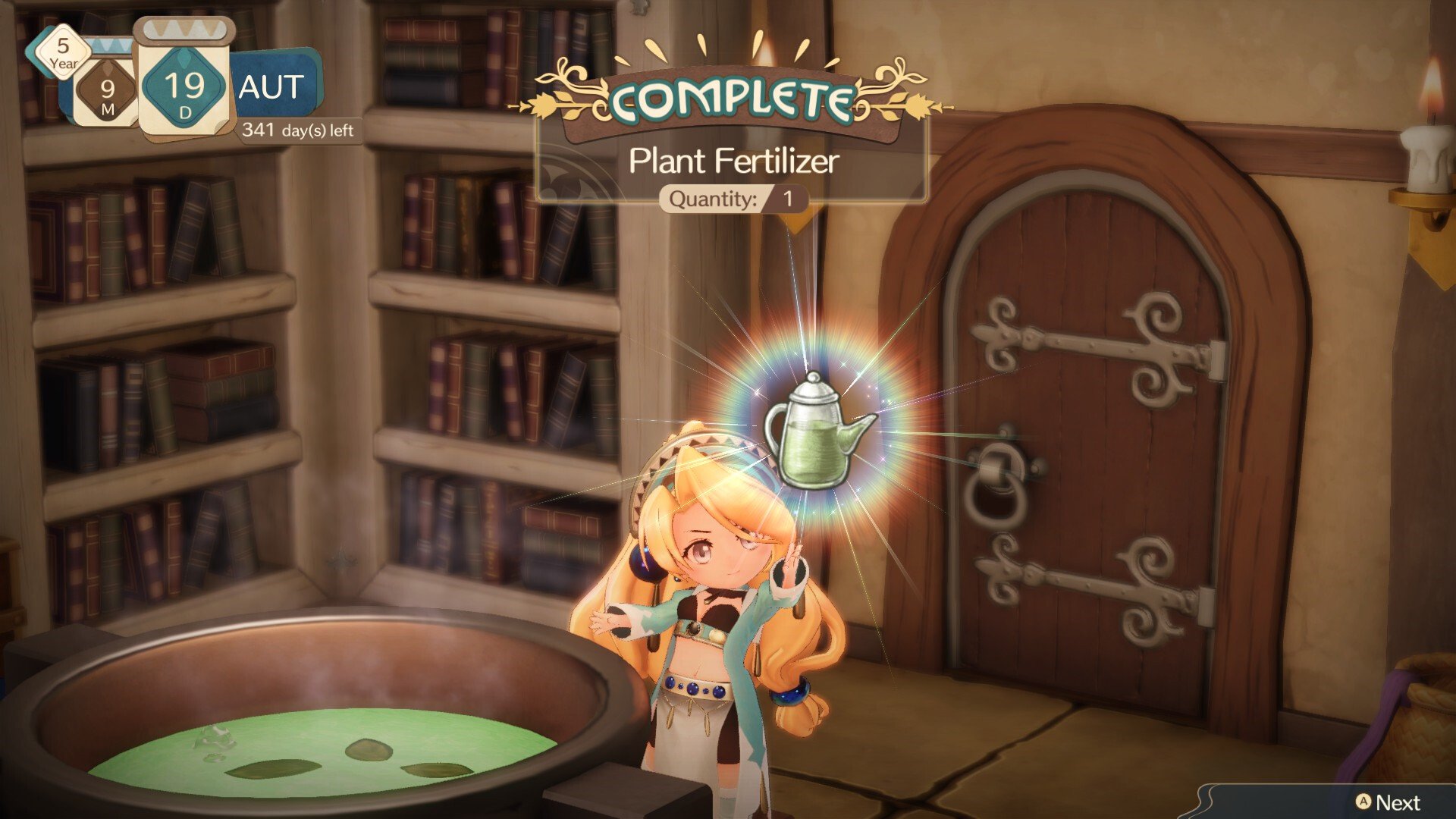
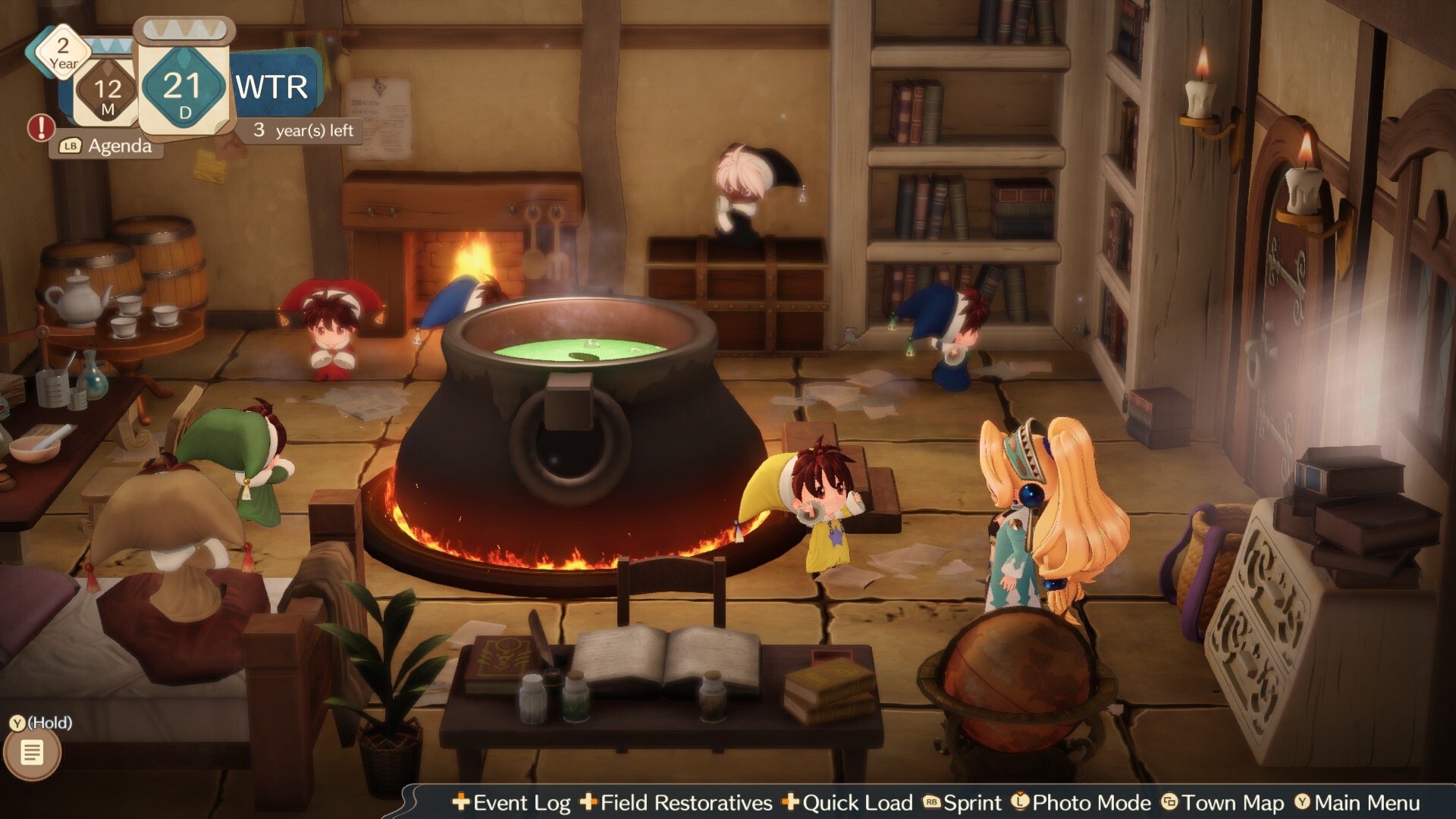
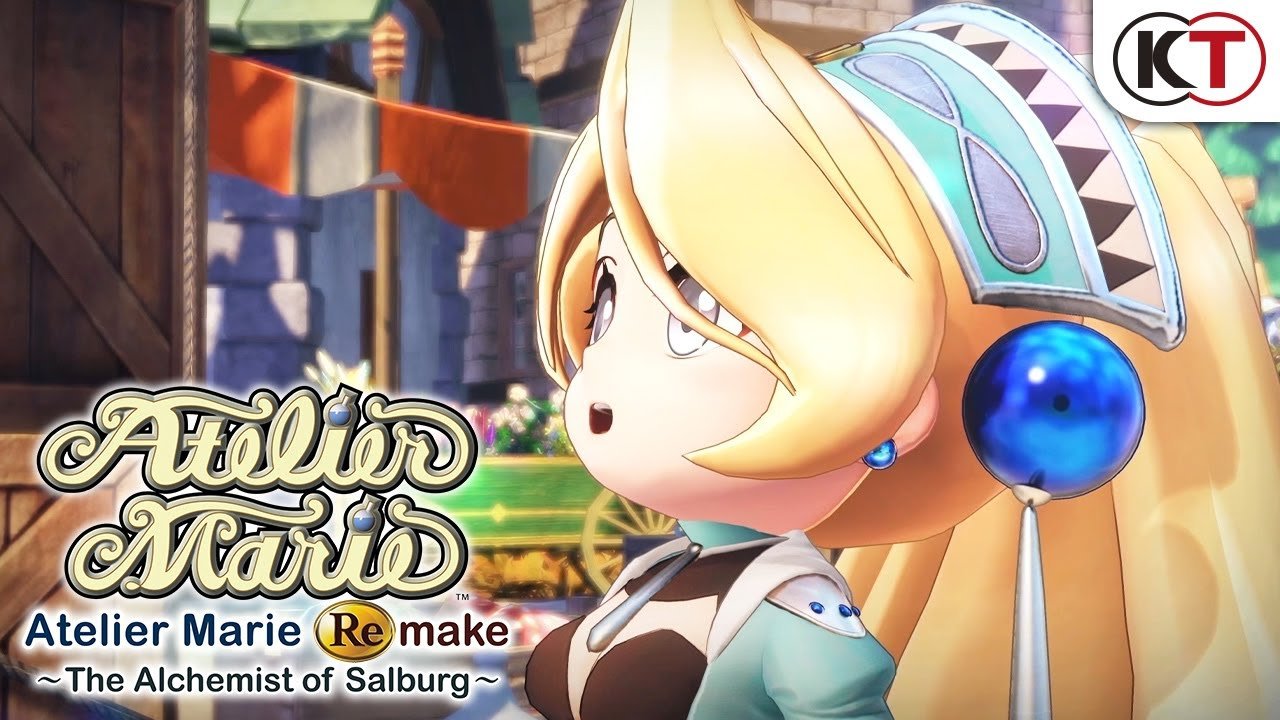
The crafting system varies a bit between each game—you’ve got to keep it fresh with two dozen games in a series, after all—but offers players additional complexity and customizability in their playthroughs. The alchemy system allows for a great deal of flexibility in crafting, with hundreds of ingredients with distinctive properties to carefully choose from. Alchemists can use the recipes they devise to create new alchemy ingredients, bombs, and healing items but also equip their party with crafted accessories, armor, and weapons. These items then get deployed to great effect in a turn-based combat system. Skimp on the alchemy and you also skimp on your party’s ability to handle the challenges thrown at them.

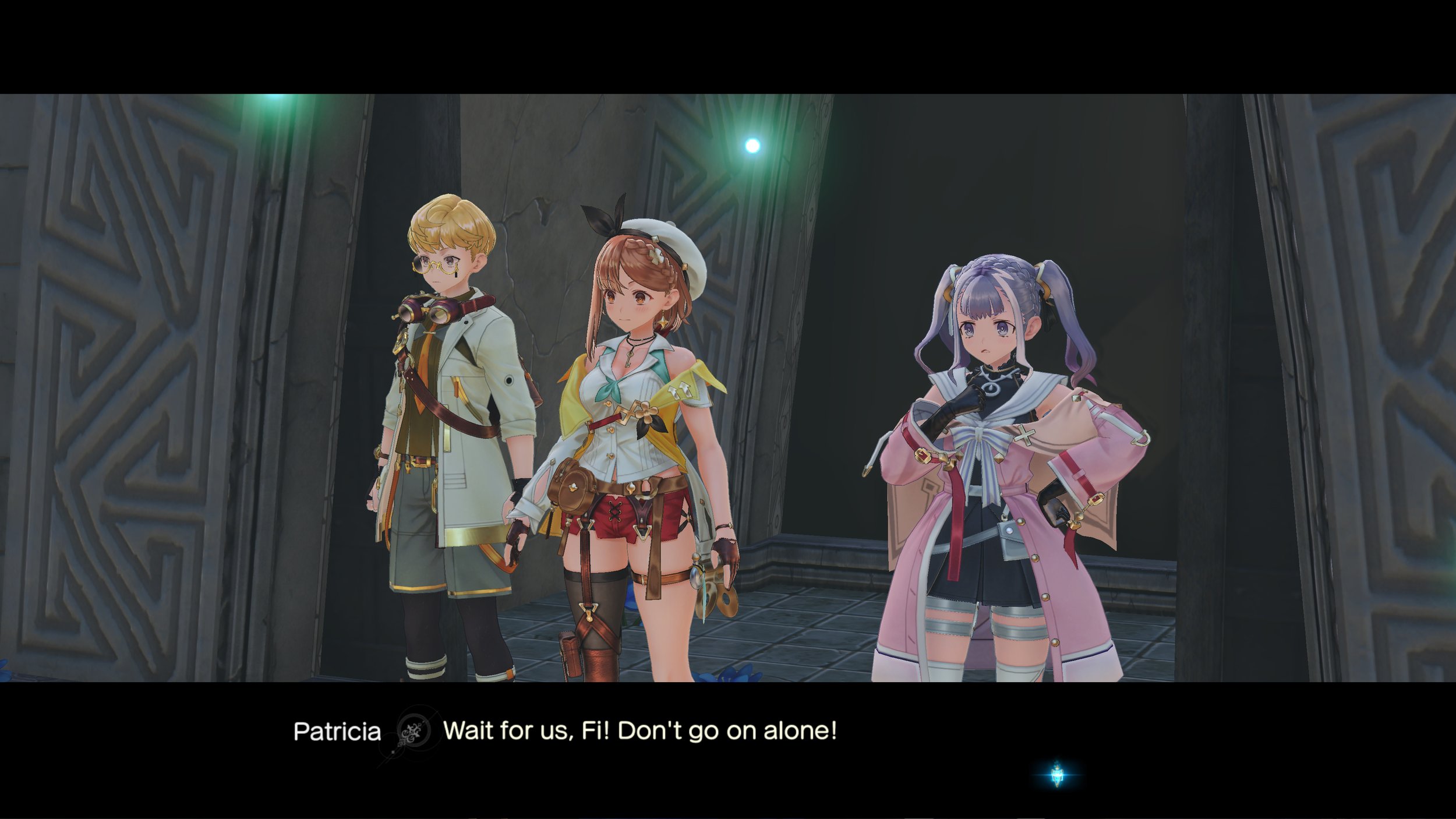



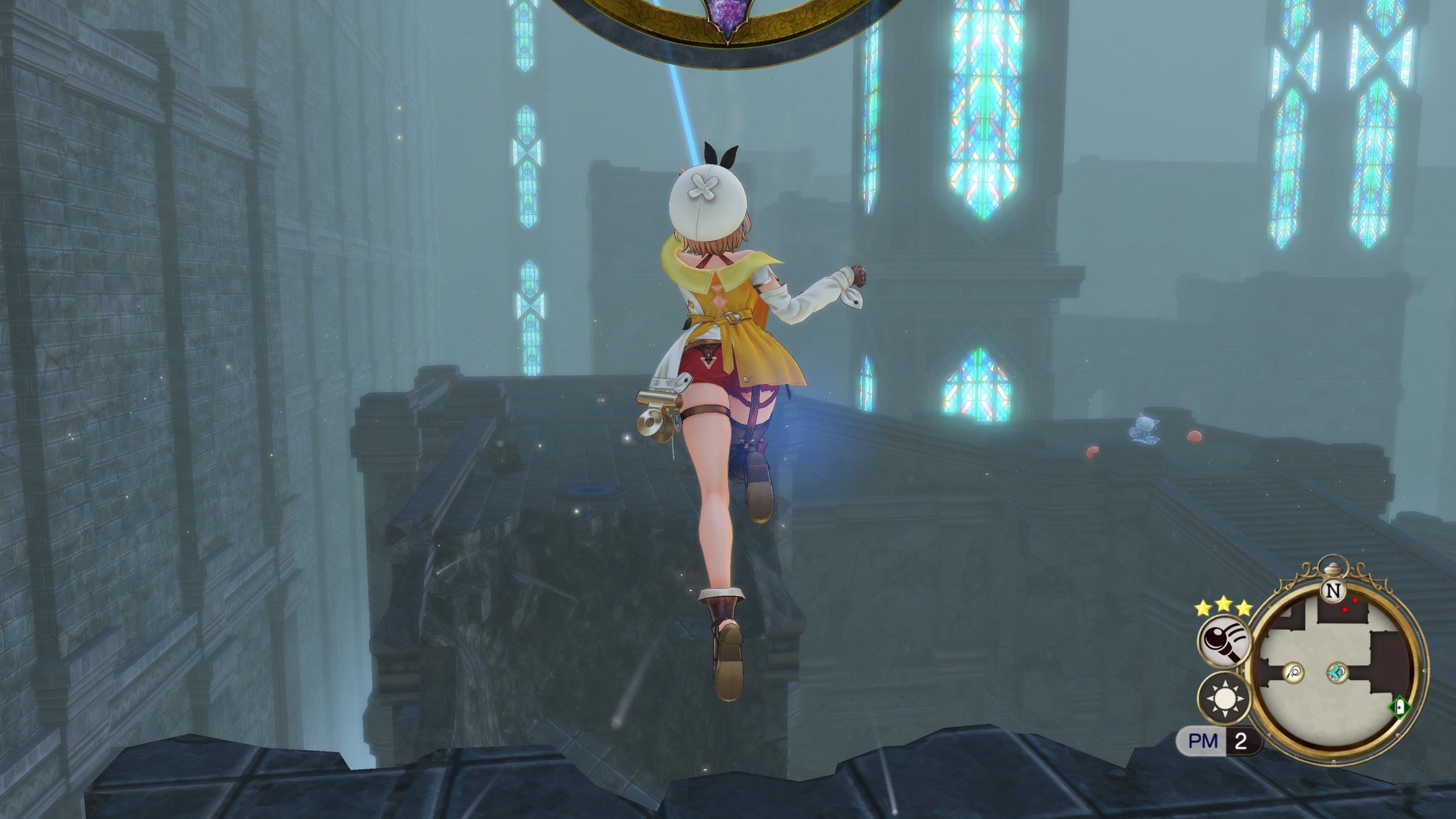
Adding to the challenge, the majority of the Atelier games have some form of time limit mechanic that pushes players to complete the game’s objectives in a set amount of in-game days. In these games, certain actions such as traveling, crafting, and collecting alchemy ingredients will move the clock forward a set amount of time, so plan your actions accordingly! Players who prefer to tackle a story at their own pace need not worry—many of the newer installations in the series have scrapped the time pressure in favor of a more relaxed experience.
However, if you’re like me and tend to find time limits a little stressful, don’t let that stop you from trying out some of the games with the time pressure mechanic. Certain games feature significantly more lenient in-game deadlines, such as Atelier Escha & Logy. Despite being a known lollygagger who loves to take as long as I want to complete a story, I think Escha & Logy is one of the most balanced experiences the Atelier series has to offer. The timed quests in this one offer a bit more challenge and structure without being unforgiving. Escha & Logy also offers players the option to choose between the two main characters, each with a slightly different perspective on the story.
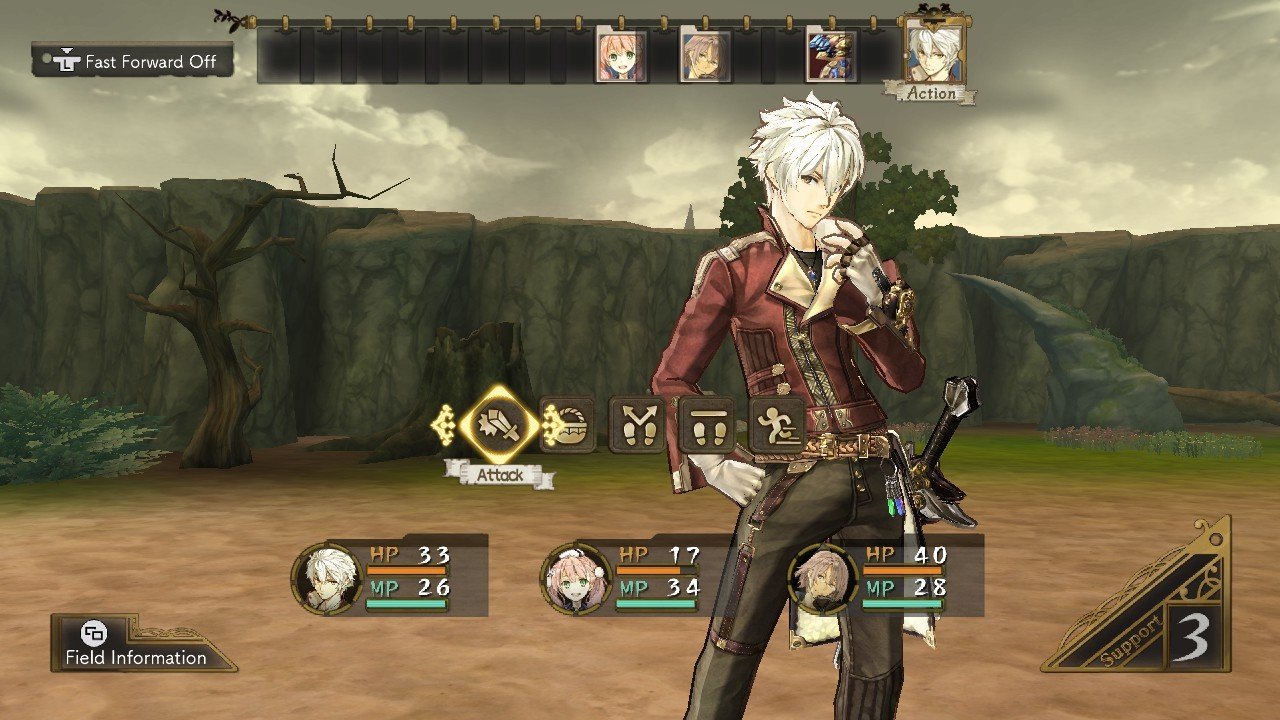
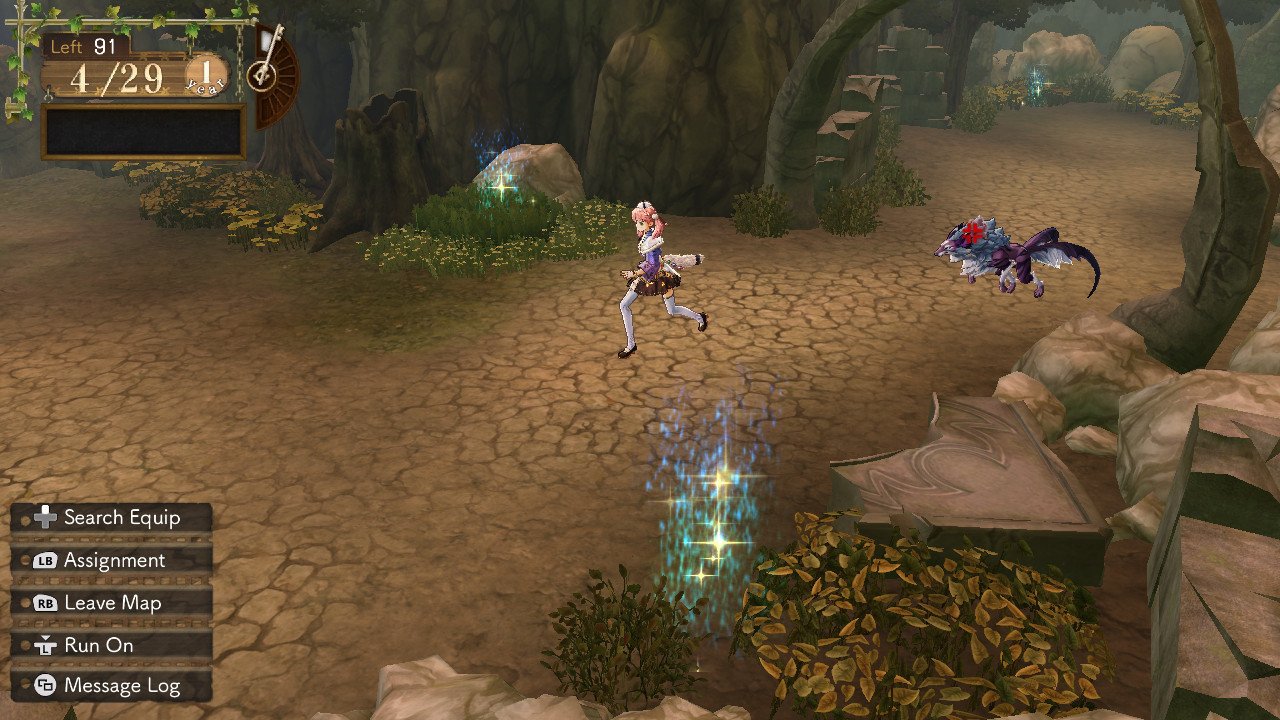
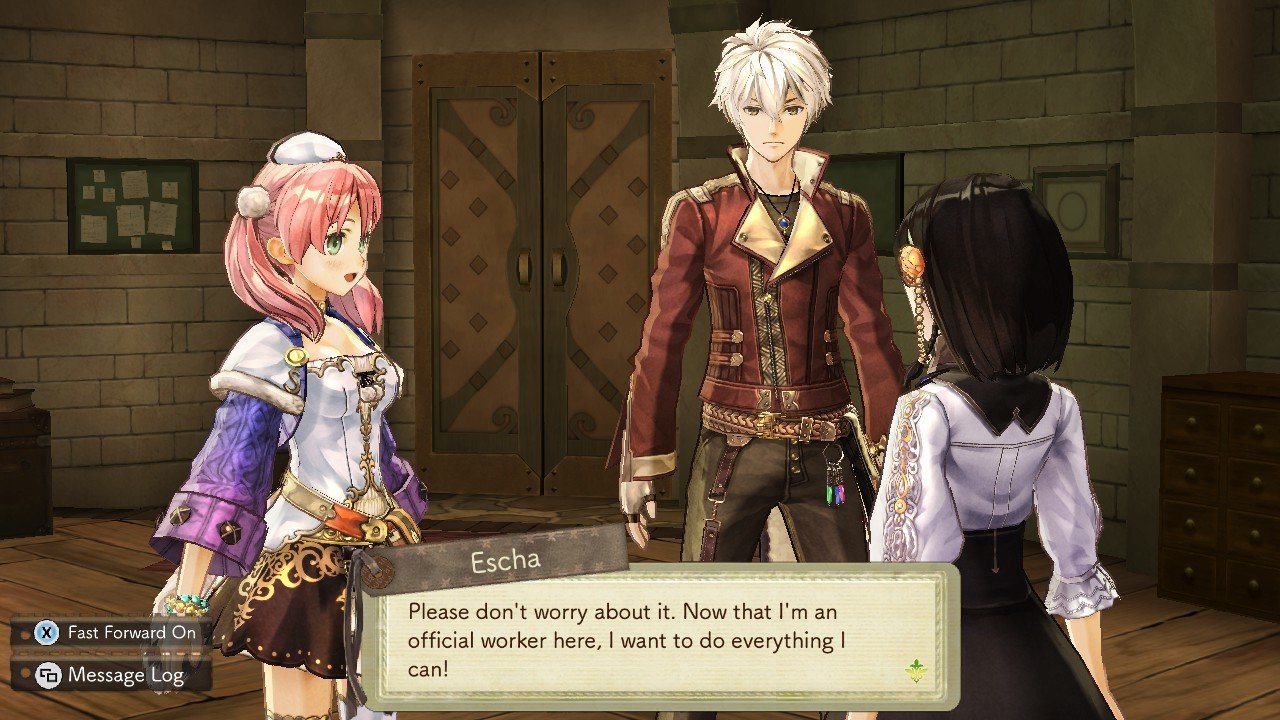
Storylines in Atelier games tend to be less convoluted than many of the RPGs we’ve all come to know and love, but the relaxing and light-hearted fare of the Atelier series is a real draw. The world of Atelier is cute and colorful, as are its characters. The whimsical nature of the Atelier universe stands up well on its own, but the slice-of-life slant is also a fantastic palate cleanser between grittier RPGs.
The alchemists we follow through the Atelier series tend to be young —and yes, cute— women with the admirable ambition of becoming successful alchemists. While guiding the protagonists through the events of a game, players get the satisfaction of watching their character realize their goal by gradually increasing their alchemy skills, putting the smackdown on one catastrophic threat or another in the process. Despite having similar goals, each alchemist has their own personality and motivations. For example, the latest addition to the Atelier pantheon is the widely-loved Reisalin “Ryza” Stout, a chore-shirking and stubborn fledgling alchemist with a heart of gold.
Our alchemists don’t save the world on their own, however. They forge their paths alongside a host of companions, who players often get opportunities to know better as they progress through each game. The party banter and companion questlines further round out the high-spirited and often humorous tone of the series.
This interplay between characters is part of what makes the Ryza games a favorite of mine. Ryza’s adventuring party is composed of her childhood friends, so there’s a lot of lively banter and teasing between old friends that I find highly endearing. This partnering extends to the combat, with party members making suggestions to the player, unleashing Order Skills on enemies in return for completed suggestions.
It’s worth noting that the Ryza games do things just a bit differently than many predecessors. One notable change is swapping the standard turn-based combat for an active time battle system, which is highly engaging but may be less satisfying for people who want to take more time to ponder their next move. However, I strongly consider the chain-like Material Loop alchemy system to be an immense improvement over the grid-based system found in a lot of previous games. On top of being more visually appealing, I found it a lot easier to follow.
If you’re unsure where to start with the series, know that there’s really no wrong answer. Outside of the sequels that follow a specific alchemist’s journey, the series is broken up into different “arcs.” For example, if you’re drawn to Ryza, start with the first Atelier Ryza game in the series for the best experience. These arcs often share a common lore and narrative, but aren’t direct sequels to each other and make complete sense on their own. The games’ lack of a specific sequence allows new players and series veterans alike to jump into the world of Atelier at any given point.
With this winning combination of unique gameplay and whimsical tone, the Atelier series is a mainstay of the JRPG world for good reason. The latest addition is slated to come to PlayStation 5/4, Nintendo Switch, and PC later this month: Look for Atelier Ryza 3: Alchemist of the End & the Secret Key to hit shelves and e-stores worldwide on March 24th, 2023. A review of the Switch version of Atelier Ryza 3 is also available here on Forever Classic Games.


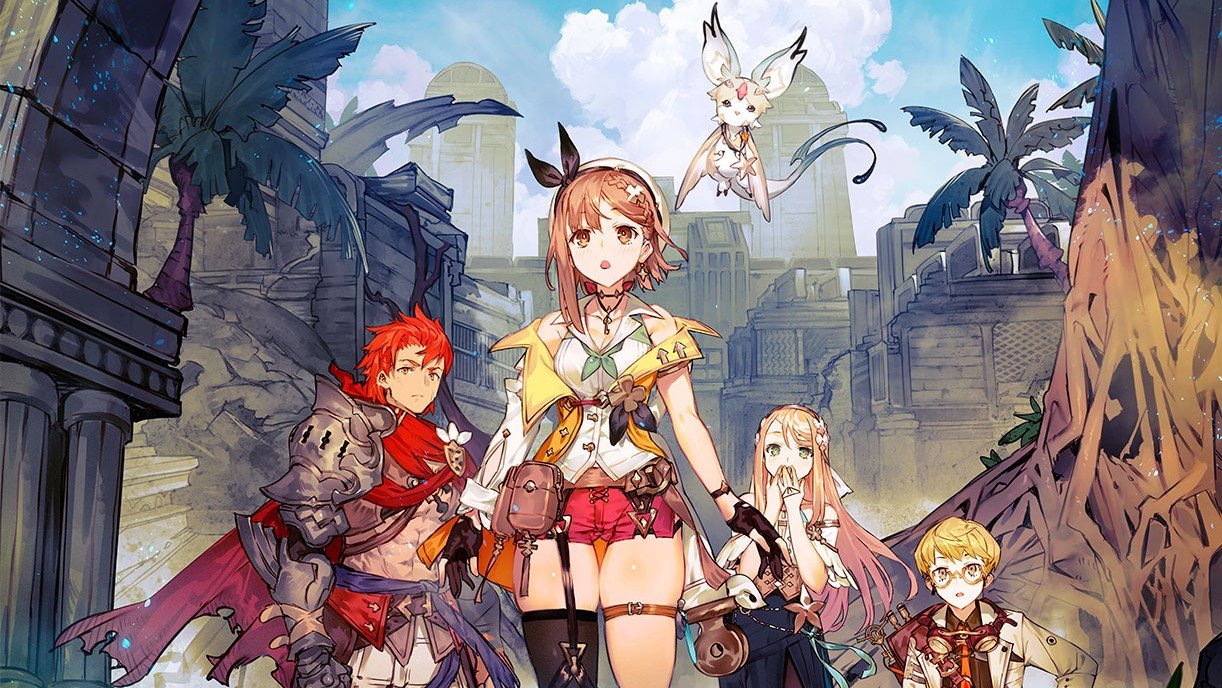


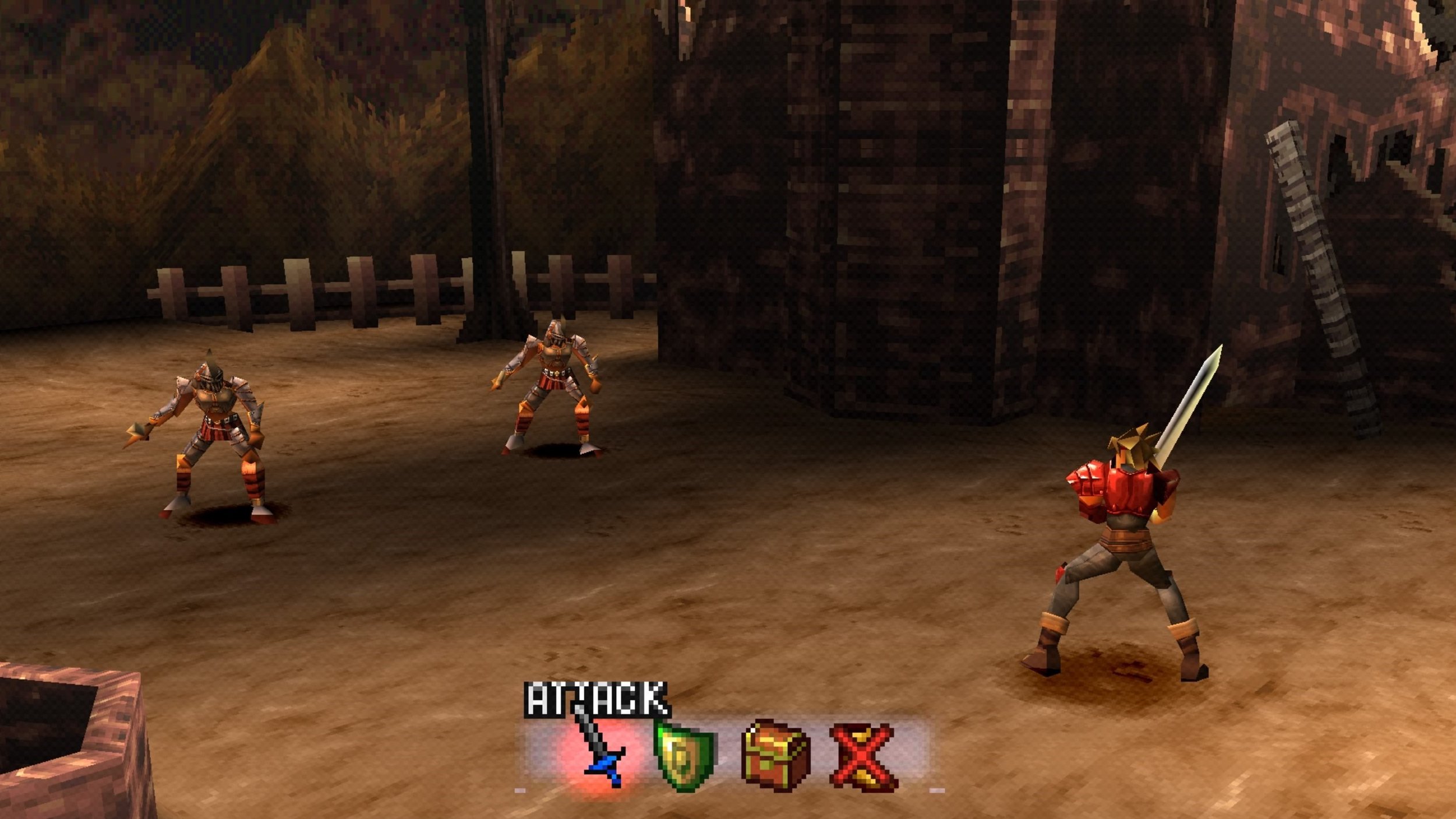
We were given a first-look at the upcoming book 100 Greatest Console Video Games: 1988–1998, which is now on Kickstarter, through an essay about Earthbound.